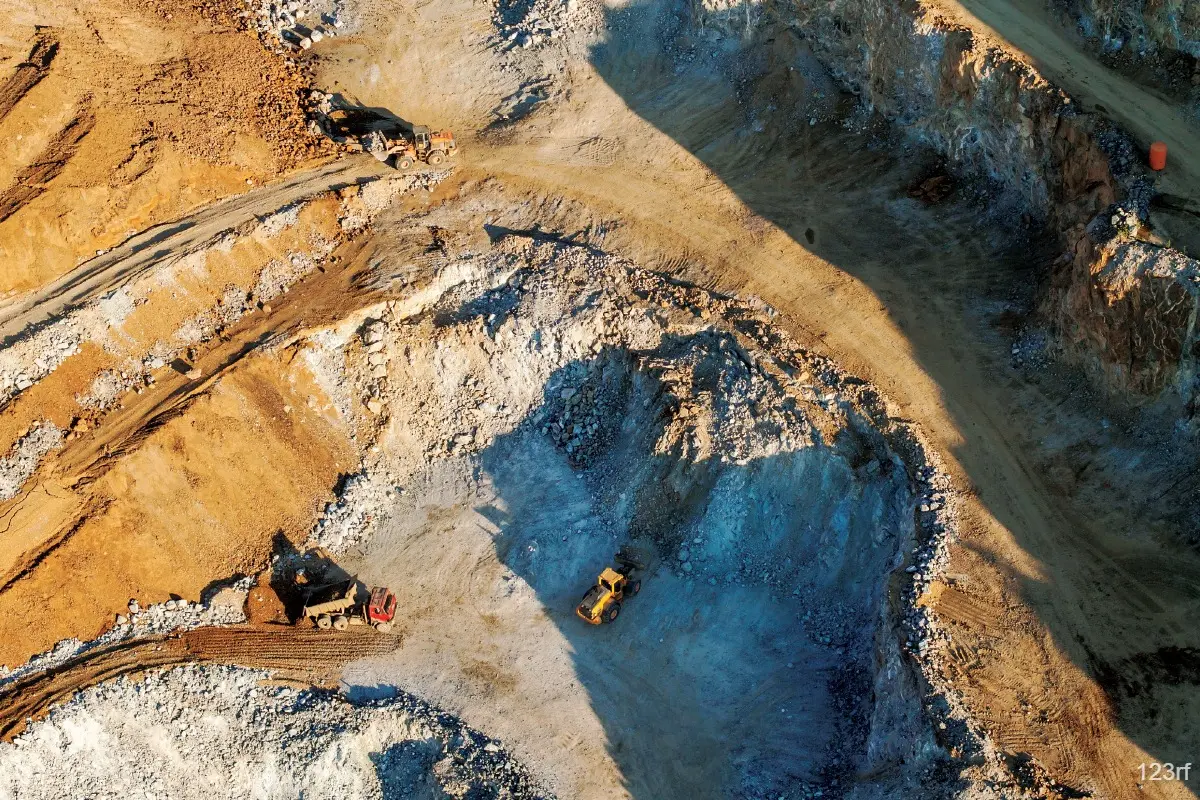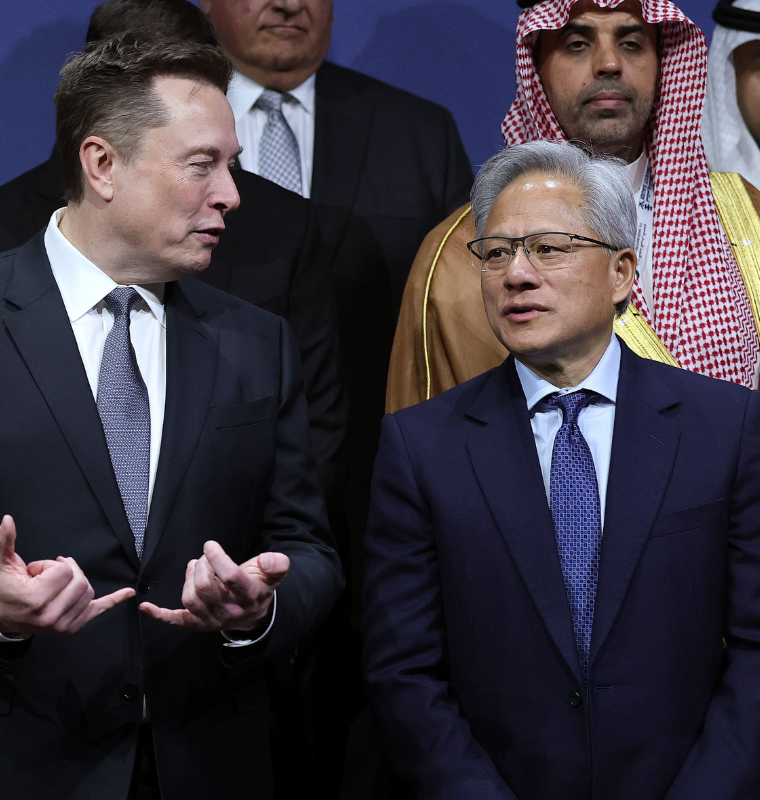Malaysia Shuts Down Rare Earths and Tin Mining Sites After River Turns Blue
Malaysia Shuts Down Rare Earths and Tin Mining Sites After River Turns Blue
By
David Goldfarb
Last updated:
November 20, 2025
First Published:
November 20, 2025

Photo: The Edge Malaysia
Environmental Alarm Sparks Nationwide Attention
Malaysia has ordered an immediate suspension of operations at a major rare earths mining project and two tin mines in Perak after authorities discovered that part of the Perak River had turned an unusual bright blue. The Natural Resources and Environment Ministry confirmed the decision following widespread public complaints that prompted a full investigation into potential contamination along the country’s second-longest river.
Minister Johari Abdul Ghani told parliament that early findings traced the discoloration back to wastewater discharges from a rare earths facility operated by MCRE Resources Sdn Bhd. Officials noted that the samples taken from the effluent carried the same distinctive blue tint as the river water, raising serious concerns about chemical runoff and regulatory compliance.
Radiation Levels and Chemical Concerns
Investigators found radiation readings at the mining site reaching up to 13 becquerels, significantly exceeding the one becquerel threshold approved under the project’s original environmental impact assessment. Johari said the focus has now shifted to identifying the specific chemicals used in the extraction process and determining whether operators misrepresented or omitted critical information in their filings.
MCRE Resources, which markets itself as Malaysia’s first rare earths mining pioneer, uses in-situ leaching technology developed with support from Chinese rare earth companies. The firm did not respond to inquiries seeking clarification on the findings or the minister’s concerns. In-situ leaching, while cost-efficient, is known to carry environmental risks if not tightly regulated, including groundwater contamination, chemical leakage and improper waste handling.
Malaysia's Growing Rare Earth Ambitions
Malaysia sits on an estimated sixteen million tons of rare earth deposits, one of the largest reserves in Southeast Asia. The country has been positioning itself to tap into the rapidly expanding global market for critical minerals used in electric vehicles, wind turbines, consumer electronics and advanced defense systems. However, Malaysia continues to face significant technological and environmental challenges in mining and refining these materials without external support.
The government has been working closely with China, the global leader in rare earth mining and processing, on potential refinery projects. In addition, Malaysia signed a development agreement with the United States last month aiming to strengthen supply chain cooperation and reduce global dependence on single-source production.
Regulatory Breaches Lead to Multiple Suspensions
Beyond the rare earths site, the environment ministry also halted operations at two tin mining companies after inspectors found failures in effluent treatment, erosion mitigation and chemical storage. Tin mining, long part of Malaysia’s industrial history, has seen a resurgence due to renewed demand in electronics and manufacturing. Yet, improper management of tailings, sediment runoff and mine waste remains a persistent issue.
The ministry stated that the suspensions followed multiple pollution complaints linked to several rivers across Perak, signaling a broader pattern of environmental noncompliance. Authorities emphasized that mining companies must adhere to updated environmental standards or face additional penalties, including extended shutdowns and permit revocations.
A Critical Balancing Act for Malaysia
The shutdowns highlight the tension between Malaysia’s ambition to become a key supplier of rare earths and tin in the global market and its need to uphold environmental safeguards. As global demand for strategic minerals increases, Malaysia’s ability to enforce strict regulations will play a crucial role in determining whether the country can expand production sustainably.
With the investigation continuing and international interest growing, Malaysia now faces a pivotal moment. Ensuring environmental protection while developing critical mineral capacity will be central to maintaining public trust and securing long-term partnerships in the global supply chain.
Popular articles
Subscribe to unlock premium content
How Adults Are Paying to Experience Silent Daylong Festivals for Mindfulness

The Rise of Ultra-Personalized Scent Memory Experiences Using Olfactory Therapy

Why Some Millennials Are Paying for One-Day Luxury Survival Challenges in Nature

How Adults Are Paying to Experience Silent Daylong Festivals for Mindfulness

The Rise of Ultra-Personalized Scent Memory Experiences Using Olfactory Therapy

How Adults Are Paying to Experience Silent Daylong Festivals for Mindfulness







.png)

